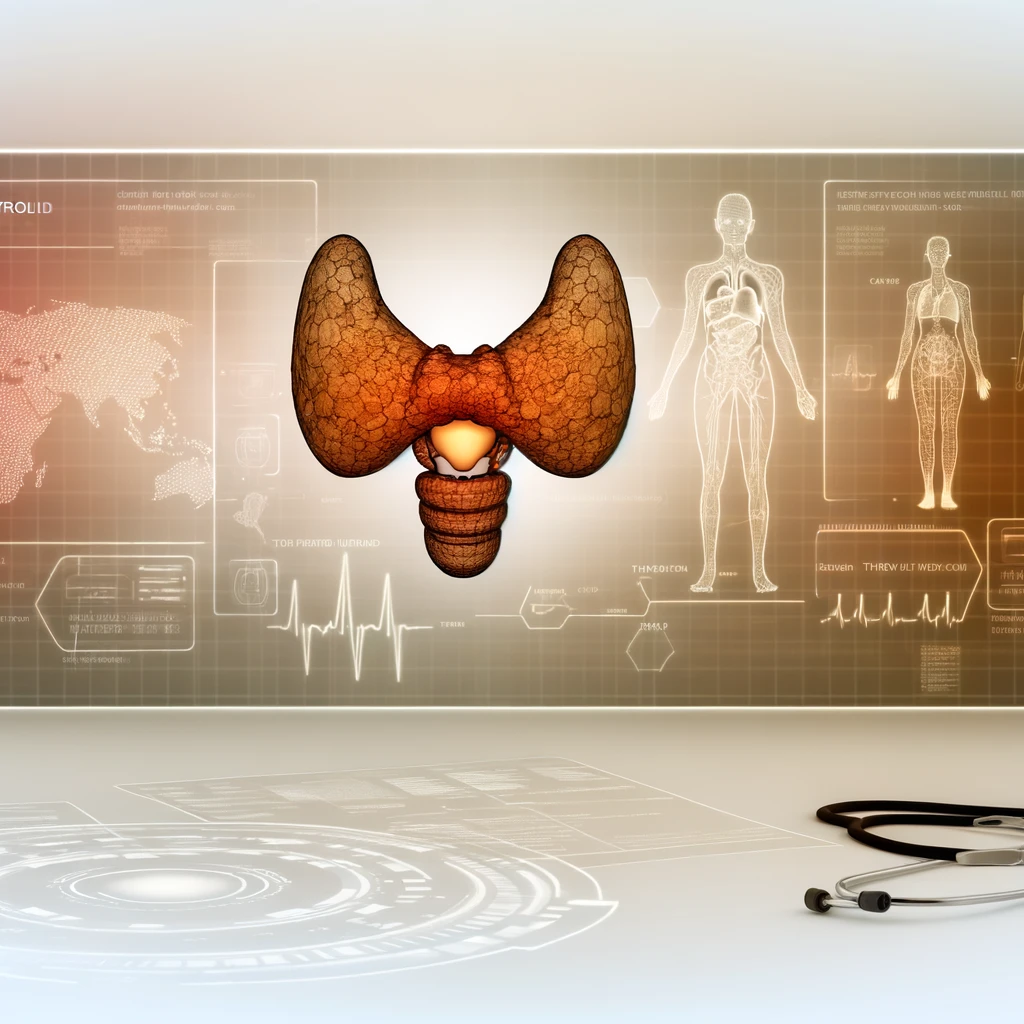
Healthy Gut, Healthy You: The Importance of Digestive Health
The connection between gut health and overall well-being is a subject of increasing interest in the health community. A well-functioning digestive system is not only crucial for digesting food but also for maintaining a balanced immune system, mental health, and more. In this article, we will explore the key aspects of digestive health and why it is essential for your overall wellness.
Understanding Gut Health
The term 'gut health' refers to the balance of microorganisms living in your digestive tract. Keeping this balance is vital for maintaining the health of your entire body. The gut microbiome helps control digestion and benefits your immune system and many other aspects of health.
Why Gut Health Matters
Your gut is often referred to as your second brain because it produces many neurotransmitters that your brain uses, such as serotonin. A healthy gut can enhance your mood, reduce stress, and even improve sleep patterns. Additionally, a well-functioning gut boosts your immune system, protecting you from infections and diseases.
Common Signs of Poor Digestive Health
Understanding the signs of poor gut health is the first step towards improving it. Some symptoms include:
- Frequent digestive discomfort, such as bloating, gas, or diarrhea
- Unexplained fatigue or sleep disturbances
- Frequent infections or allergies
- Skin irritations and conditions
- Food intolerances
How to Improve Gut Health
Improving your gut health involves lifestyle and dietary changes. Here are some effective strategies:
1. Eat a Balanced Diet
A diet rich in fruits, vegetables, lean proteins, and whole grains provides the necessary nutrients for gut bacteria to thrive. Include fermented foods like yogurt, kefir, and sauerkraut, which contain probiotics that promote healthy gut flora.
2. Stay Hydrated
Drinking plenty of water is essential for the digestion process. Water helps break down food, allowing nutrients to be absorbed efficiently.
3. Manage Stress
Chronic stress can negatively impact your digestive system. Practices such as yoga, meditation, and regular physical activity can help manage stress levels.
4. Avoid Unnecessary Antibiotics
While antibiotics are necessary for treating bacterial infections, they can disrupt the balance of gut bacteria. Use them only when absolutely necessary and always under a doctor’s guidance.
5. Get Enough Sleep
A lack of sleep can harm your gut flora, leading to inflammation and other issues. Aim for 7-9 hours of quality sleep each night.
6. Regular Exercise
Regular physical activity promotes the growth of beneficial gut bacteria, enhancing gut health.
Conclusion
Maintaining a healthy gut is more than just a trend; it's a vital part of overall health. By understanding the importance of gut health and implementing lifestyle changes, you can improve not only your digestive health but also your overall well-being. Remember, a healthy gut contributes to a healthier, happier you.
Related Articles





